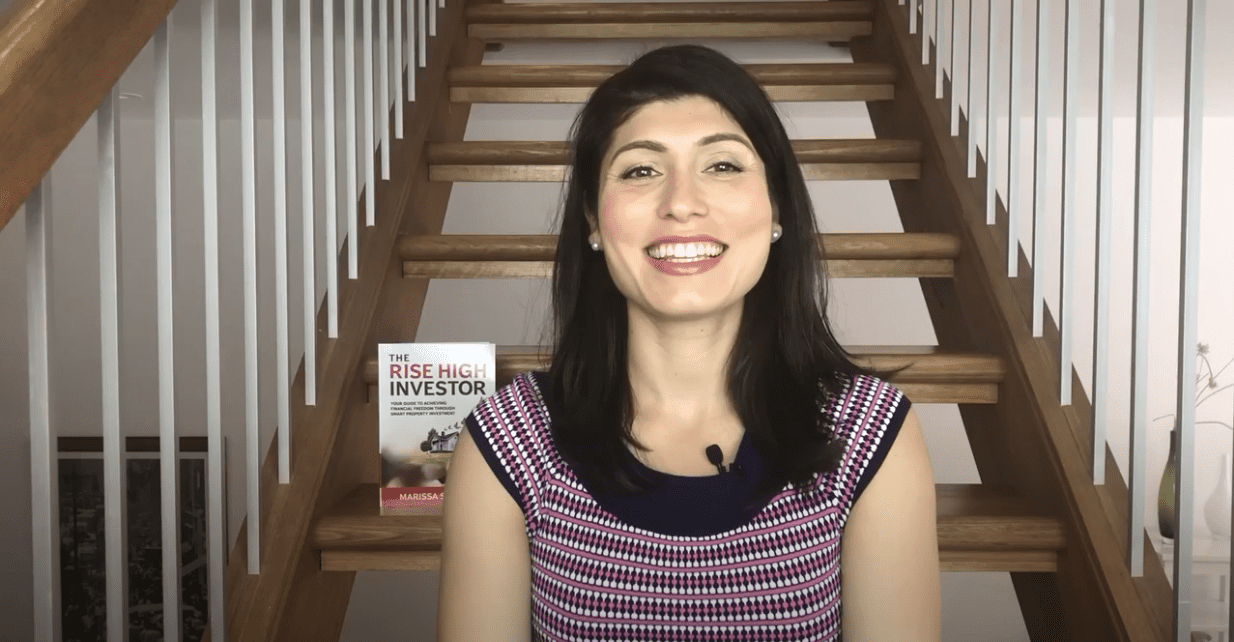Tip #1 – Be clear on what you want.
This means, doing the groundwork to work out what you want and what you need, and how much it’s going to cost. Work out where you want to live and start visiting open homes in those suburbs to get a feeling of home values, and a feeling for the suburb.
You also need to consider what size you need, and what layout will work perfectly for your family. As a busy mum, I know that having the right layout in your house, and having the right size makes your life so much easier. Also, the more time that you spend thinking about these things, and thinking through these things, the happier you will be with the result.
So, whilst it might take a little bit of time, it’s important to really think it through upfront. You will also need to consider whether you want an old house or a new house. If you are going to buy an established house, are you going to build a new home, or are you going to extend and renovate your existing home? These are all good options. This is what you need to explore to decide what’s the right option for you when upgrading your home.
If you’re looking at upgrading your home and are looking for the right construction loan, check out our website and contact us here.
Tip #2 – Understand what you can afford.
Arrange a meeting with your mortgage broker to understand your borrowing capacity. Find out, not only what the banks will lend you, but also understand what your actual repayments will be, to make sure you’re comfortable with those extra commitments. It might also be time to consider getting rid of unwanted debt.
You also need to make sure that you can handle the extra financial commitments that come with a larger house that’s more valuable. There will be increased bills, like council rates will go up, water rates will go up, emergency service levies will go up, insurance will be more expensive, probably electricity bills and gas bills will be more expensive.
So, you need to consider all these cost increases in your financial budget, to make sure that you can factor them in, and make sure you’re still going to be comfortable financially, following your house upgrade. This is important, because whilst it may be exciting upgrading your home initially, it’s not going to be very pleasant if you move into a new home and find that you can’t keep up with the increased bills.
Tip #3 – Decide whether you’re going to keep or sell your existing home.
So obviously, if you’re renovating or extending your existing home, this doesn’t apply to you. But if you’re planning to move into a new home, and move out of the home that you’re currently in, you need to decide whether it’s best to sell your current home or to keep it and convert it into an investment property.
I’m a fan of property investment, and I always like to encourage people to keep their property if they can afford to, as property investment can be a really great way to build some wealth for the long-term, and create additional passive income, which is a great source of income later in life, in your retirement years. However, if you are going to sell it, then make sure you find a good agent and get some appraisals, understand your selling costs, and make sure you factor them into the equation and understand what things need to be done to get your house ready for sale.
Considering things like refinancing your existing loan, or debt consolidation can also help, making sure your finances are in optimal condition to support your home upgrade.
I hope these tips helped you. If so, share them with your family and friends who might benefit. I’d also love to get your comments on what you did when it was time for your family to upgrade their family home.


